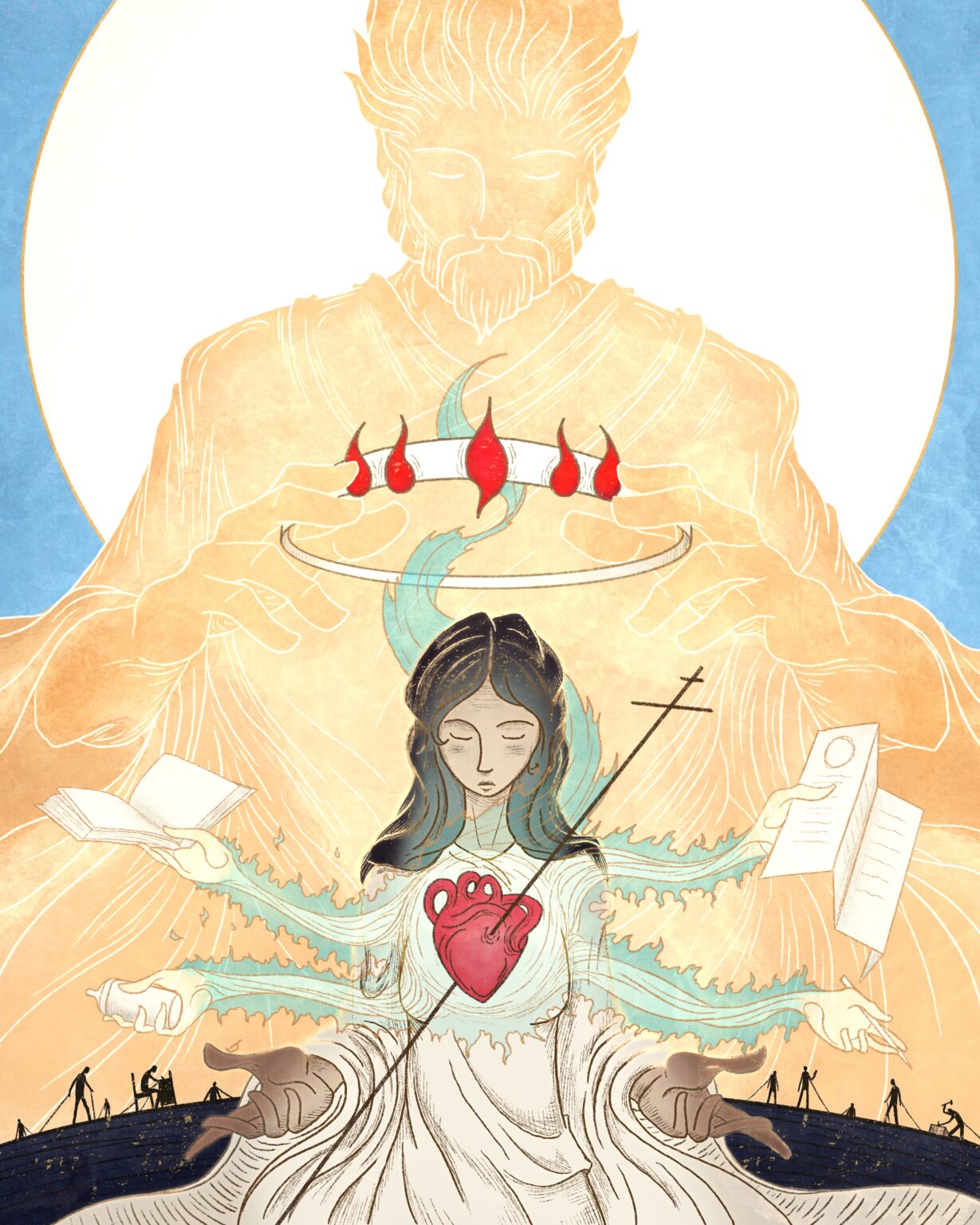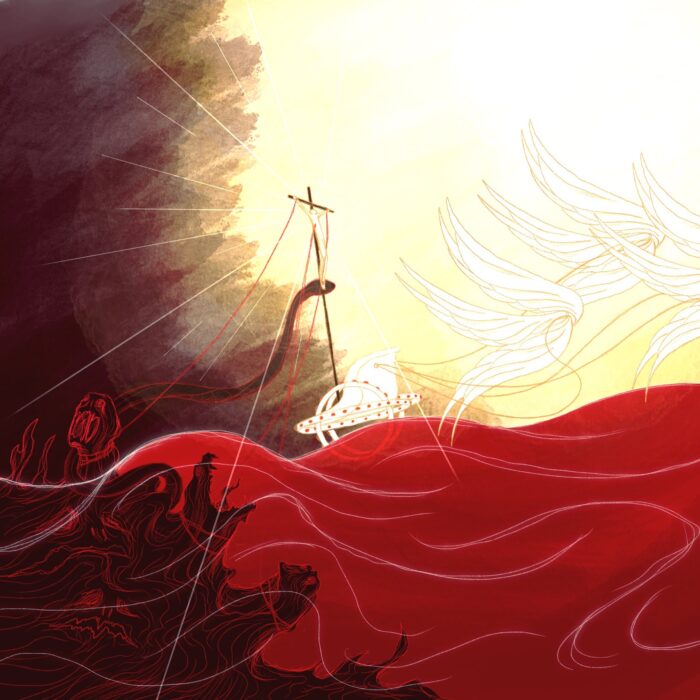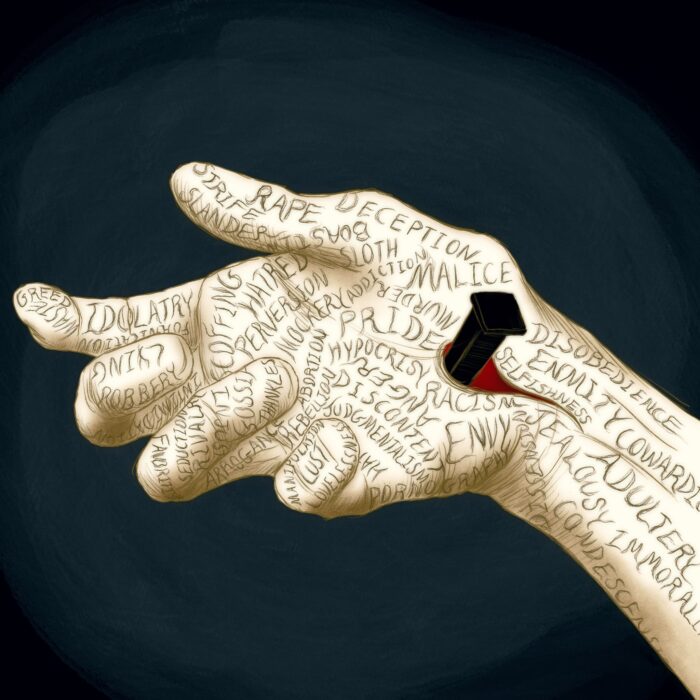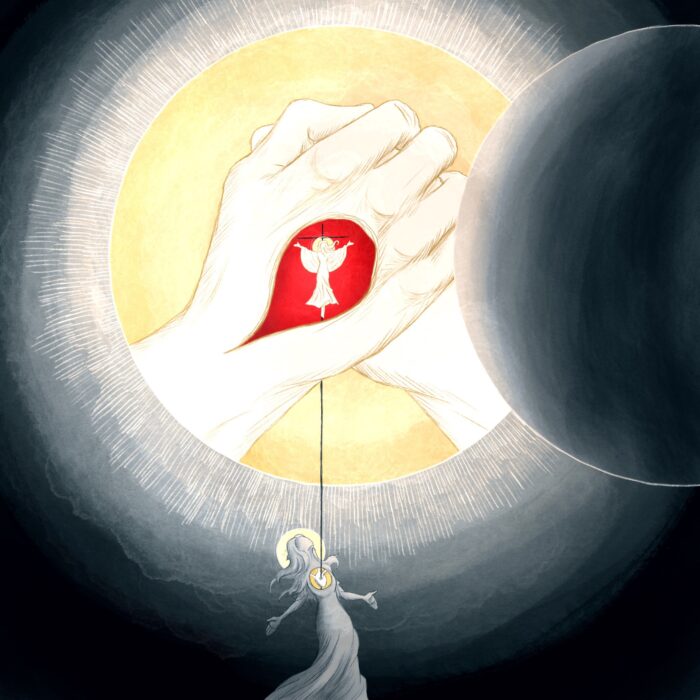Colossians 3:22-23, ‘Whatever you do, work from your [very] soul, as to the Lord and not to men, knowing that from the Lord you will receive the reward of the inheritance.’ [author’s translation]
Though these words are written to 1st century bondservants, they remain applicable to any Christian who works under the authority of someone else. In such a situation, Paul reminds the believer that their true authority is no human being or institution, but the risen Jesus Christ Himself. The Christian recognizes that her own present position under this particular human authority is itself ordained by the supreme authority of the Lord (Master) Jesus, such that her work for the mundane authorities in her life is, in fact, a working unto Christ.
Because of this, Paul calls the Christian to do whatever they do ‘from the soul,’ that is, as an effort and offering of their inmost self, not to their earthly ‘master’ or ‘boss,’ but the the heavenly Lord who has placed them in this specific role at this specific time for His specific reasons. With such a perspective, stamping letters, moving boxes, changing diapers, working at a desk, or chairing a committee meeting–all of these things become not merely ‘more of the same,’ and not simply, ‘earning a day’s wages,’ but an act of self-giving to and worship of the True Master, Jesus Christ.
In this image, represents either an individual believer or the totality of the Church. The four hands extending from her heart picture various tasks the Christian may be called to undertake, yet each of these is carried out as an offering of worship through the Spirit (the blue fire), pouring from a soul mercifully mastered by the slain and risen Jesus (the cross piercing her heart). Above her, the Risen Lord stands ready to bestow ‘the inheritance’ (which can be nothing less than the fullness of union to Himself secured through His Passion, thus the ‘crown of life’ adorned with Christ’s five transfigured wounds). In the background, those who work only for this world are represented as chained to the stone of Christ’s tomb, which represents the sphere of death.




